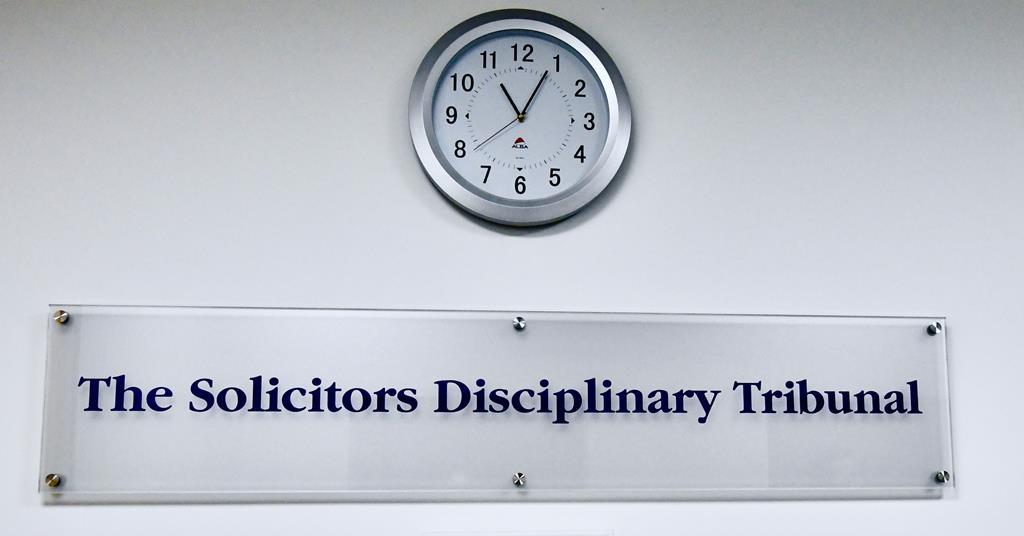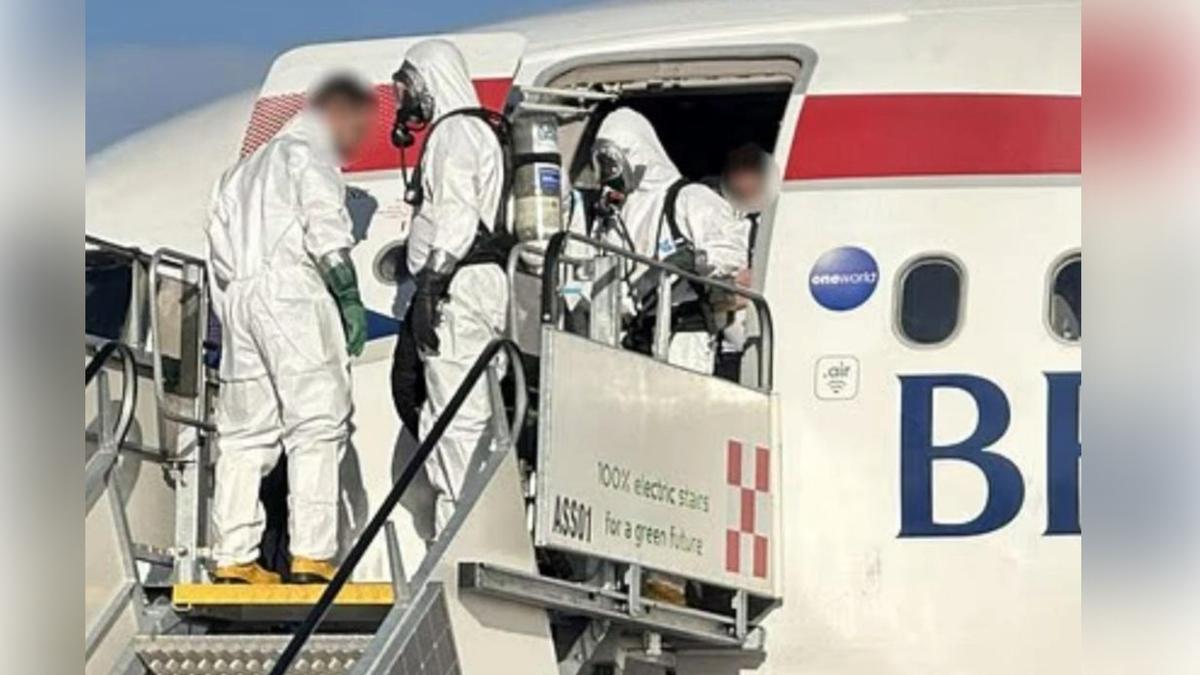AI Generated News: Shocking Sperm Mix-Up at Queensland Clinic Exposed!
What if you discovered that the sperm used to conceive your child might not actually belong to the intended donor? That’s the horrifying reality for many patients at a Queensland fertility clinic as a shocking audit reveals that over 99% of sperm samples may have been mismatched. This isn’t a sci-fi movie plot; it’s the alarming outcome of an internal investigation at Queensland Fertility Group (QFG), owned by Australia's largest IVF company, Virtus Health.
The internal audit, conducted in 2023, found that almost all donor sperm frozen before 2020 was classified as 'high-risk' for potential mix-ups. Imagine the sheer panic of discovering that over 3,000 vials of sperm could potentially belong to the wrong donor, leaving countless families questioning their children's biological origins.
Before 2020, QFG had not adhered to a critical practice known as 'double-witnessing', which is essential for ensuring the identity of donors and their samples. This practice has been the industry standard in Australia since 2012, yet QFG was the only Australian sperm provider among 13 analyzed that failed to comply. Dr. Fabrizzio Horta, an IVF researcher at the University of NSW, highlighted the gravity of this oversight, explaining that double-witnessing is integral to maintaining safety and trust in fertility treatments.
The implications of such negligence are staggering. Not only does this raise ethical issues around family creation, but it also puts children’s health at risk, as genetic histories tied to their biological fathers remain a mystery without proper DNA testing. Former patient Anastasia Gunn, who initiated legal action after two of her three children were created using the wrong sperm, reflected on the emotional turmoil this situation brings. 'This is the 'high risk' of making children where you will never know who their biological father is,' she lamented.
As the audit progressed, QFG discovered that 99.8% of sperm samples frozen before 2020 were considered high or medium risk. Yet, despite the revelations, the clinic has faced criticism for not taking swift action until 2023. Even then, issues persisted, with 4% of sperm frozen after 2021 still classified as risky due to equipment failures and inadequate manual checks.
The Queensland Health Ombudsman’s scathing report dissected these failures, revealing gaps in oversight within Queensland's fertility industry, raising serious questions about the integrity of the self-regulatory framework. The clinic's response has been defensive, claiming it has always met accreditation requirements, but many are left wondering: how many families have been affected by this catastrophic oversight?
In a time when assisted reproduction technology is supposed to inspire hope and joy, this scandal casts a shadow over the very foundation of trust that families place in fertility clinics. As the fallout from this investigation continues, one has to ask: what does this mean for the future of fertility treatments in Australia?

























